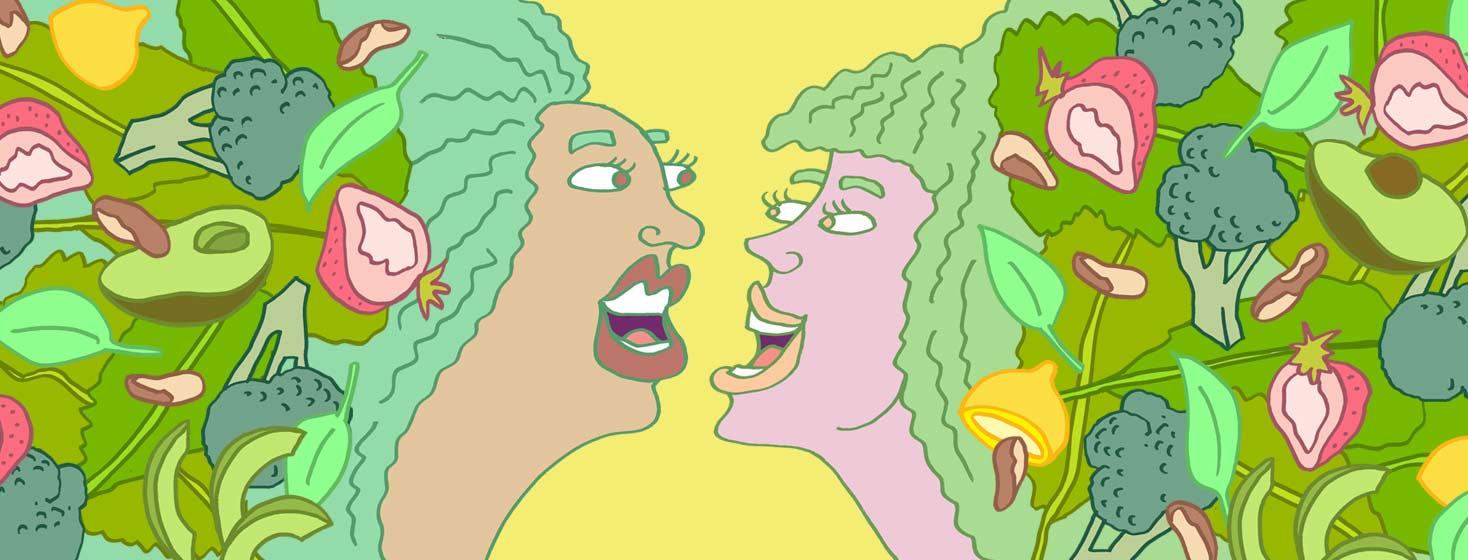Antioxidants & Endo: Let's Talk about Glutathione
The pain and inflammation that accompany endometriosis may be partly due to oxidative stress.1 To reduce oxidative stress, our body can make its own “anti-oxidants”, or compounds that help to reduce this process. The human body uses many different antioxidants, including vitamin C & vitamin E. Another less known antioxidant compound used by the human body is glutathione.2
What does glutathione do in the human body?
Not only does glutathione work as an antioxidant, but it helps to maintain the activity other antioxidants. It is also used to by the body to breakdown toxic chemicals and package them up into less harmful parcels to be removed via the kidneys.3
Glutathione and endometriosis
Studies demonstrate that early exposure to common environmental chemicals (such as polychlorinated biphenyls (PCB’s) and phthalates) may change some women’s ability to create glutathione. A significant association in women with endo and with higher rates of PCB's and phthalates has been shown.2 Further investigation into these links chemicals is required. However, a high antioxidant diet can increase glutathione activity, which may be useful for reducing inflammation symptoms in women with endo.4
How can you help promote glutathione levels in the body?
Here's what I recommend:
1. Reduce alcohol consumption
Glutathione is as part of the process that is required to breakdown alcohol. If glutathione production is being used to rid your body of alcohol, then how can it be used to help with inflammation and your endo?
2. Avoid unnecessary exposure to pesticides
Buy organic wherever possible, and remember, wash your fruit and vegetables thoroughly before eating.
3. Increase sulfur containing foods in your diet
Cysteine is a sulfur-containing amino acid that forms part of the glutathione compound. Eating sources of these types of foods such as broccoli, brussel sprouts, cauliflower, and onions can increase glutathione.5
4. Increase brazil nuts in your diet
Brazil nuts are great source of the mineral selenium which helps to maintain glutathione activity in the body.6
5. Eat more vitamin C-containing foods
Foods high in vitamin c include red and yellow peppers, kiwi, strawberries, citrus fruits, and spinach. A study found that women with endo who ate a diet high in antioxidants, like vitamin C, increased their glutathione activity.4
Will increasing glutathione benefit my endo symptoms?
While the studies are still unable to determine a definite link between increased glutathione activity and reduction in pain and inflammation symptoms, it doesn’t mean you shouldn’t give it a try yourselves. Make an effort this coming month to increase your antioxidants from food, and see if you see any changes in your symptoms. To get you started, I have created a salad recipe that incorporates all the vitamins, minerals and antioxidants that help build your glutathione levels in one super salad. Don’t forget to let us know how you go!
Recipe: Glutathione-boosting antioxidant super salad
Ingredients
Salad
- 1 cup of chopped kale
- 2 cups of washed baby spinach
- 2 cups of lightly steamed broccoli
- 250 grams of washed and chopped strawberries
- 12 brazil nuts
- 1 avocado, peeled and sliced
Dressing
- Juice of half a lemon
- 2 tablespoons of extra virgin olive oil
(Serves 2 as a main course)
Method
Step 1
Combine all ingredients (except lemon juice and olive oil) into a large bowl.
Step 2
For the final touch and an extra vitamin C, add the juice of half and lemon and the olive oil onto the salad and toss until well combined and all ingredients are coated.
Step 3
Divide the ingredients onto two plates. Eat and enjoy!

Join the conversation